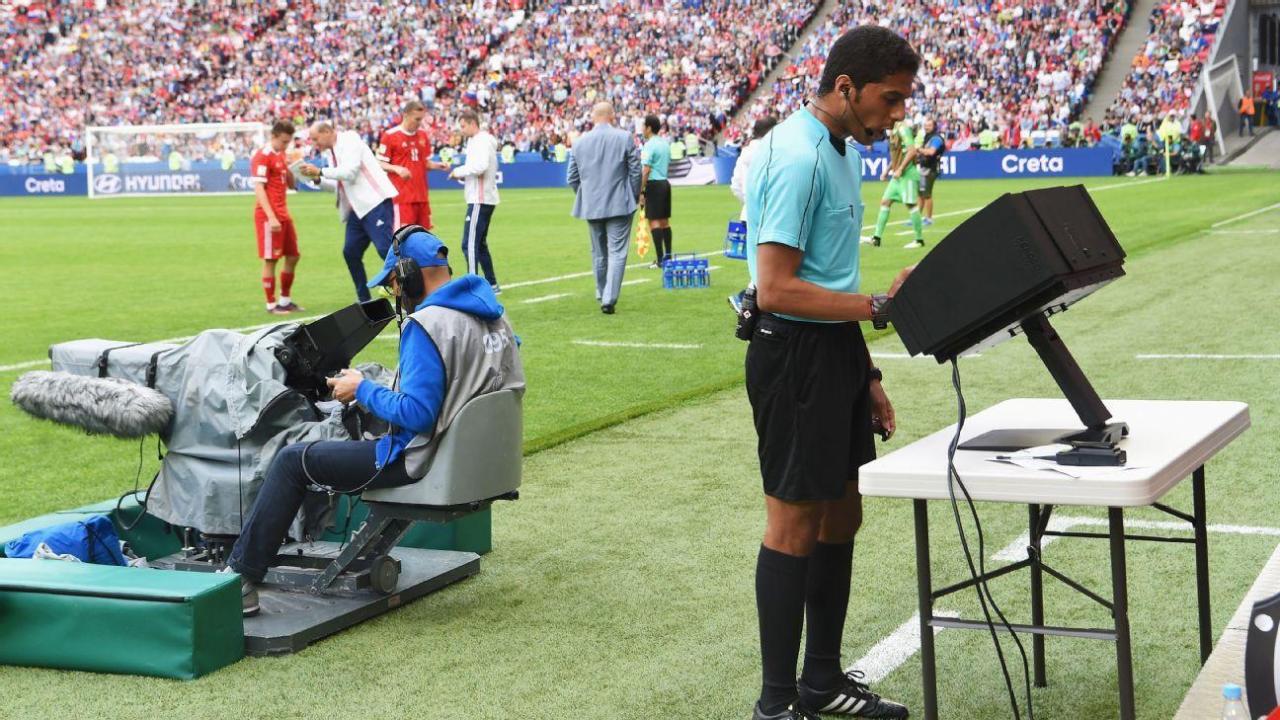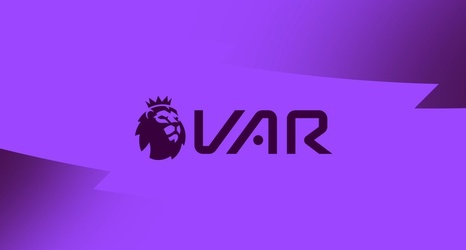In November 2018, clubs in the Premier League anonymously voted on implementing the use of a Video Assistant Referee system. The 2019/2020 season was the first to feature VAR which includes constant monitoring of a match, specifically during the 380 games in one season.
VAR will only be used in cases that are clear and obvious errors or serious missed incidents in four match changing situations: goals, penalty decisions, direct red card incidents and mistaken identity.
The final decision of a call is in the hands of the on-field referee, but VAR positively influences decision-making by requesting the referee to re-look at a play. The on-field referee would then go to the monitor on the side of the field to review the play in question and make a final decision.
But how is VAR affecting the teams in the Premiere League?
Many avid soccer fans share concerns about the impact VAR has made on overall goals scored in the league.
Analyzing the total goals scored in each season unveil a common misconception among fans.
“I thought when it was introduced that there would be goals galore. All VAR is for now is to stop a goal, not to give a goal”
PAUL MERSON, FORMER PROFESSIONAL PLAYER AND CURRENT PUNDIT FOR SKY SPORTS
Paul Merson’s initial thought about the impact VAR would have on total goals is still something that people think today, despite data showing no increase.
In all there was a total of 109 overturns made by VAR in the 2019/2020 season. All 20 teams in the whole league were impacted by the new system but some faced more call overturns then others.
The top three teams that were affected by VAR was Brighton, Manchester City and Crystal Palace. Although all teams had overturned calls because of VAR, most calls actually led to goals being disallowed. The main causes of disallowing goals throughout the season were because of the goal being offsides, penalties being overturned and goals as a result of a handball.
In total, 56 goals were disallowed in the league compared to 27 goals being awarded.
Out of 33,000 fans that were surveyed, only 26% of fans said they did not support the use of VAR. Many emphasized that VAR takes too much time to make a decision and also causes the inability to celebrate a goal.
Out of those who attend games in person, 95% of them said that VAR made the experience of watching a game less enjoyable. 94% of those who watch games on TV said that VAR has a negative impact.
Regardless of how fans watch soccer games, there is a common agreement among fans that VAR is not a system that they like and that should not be used in the league.
James Milner, a professional soccer team for the Premier League team, Liverpool, shared his thoughts about VAR after the end of the 2020 season on Twitter.
What are the pros for implementing VAR?
Better Decision Making
Increased Excitement During Games
Maintaining Player Discipline
Avoiding Controversial Decisions
Improving the game
VAR allows referees to re-look at certain plays that were too close to accurately make a decision on first look. Referees are allowed to change their minds after taking a second look which could help decrease the wrong calls made by human error.
VAR adds a level of dramatic effects that can lead to increased excitement among fans. The wait to hear from the referee about their decision on a call can take up to 5 minutes which intensifies the tense moments in the game.
Player discipline is maintained because of VAR because those who commit a dangerous play can be sent off the field or receive a red card.
Referees are able to look at the game and make decisions that are fair for everyone, especially if they need to re-look at a decision to make sure they called it correctly. This improves the overall game by ensuring it is accurate and fair for all teams and players.
What are the cons against implementing VAR?
- Time Wastage
- Lack of Transparency
- Effectiveness- still can lead to the wrong decisions
- Referees Relying on Technologies
VAR decisions take time to ensure that a careful analysis is taking place. Stopping the game can increase tension for the other teams because time is so important to the sport. Momentum can be put on a hold when players have to wait for a decision.
Some feel that there is a lack of transparency regarding the decision that a referee makes when using VAR. The conversation between the on-field referee and VAR team is confidential so the public does not hear the final decision-making process.
Although VAR can help overall decision making, there is still room for error. VAR can cause unnecessary controversies as a result of some decisions being subjective.
Referees are beginning to rely on technology to make decisions which can lead to external pressures. Pressures can then lead to a negative effect on the integrity of the game.
“I think it has made the game fairer. However, I think it needs tweaks to make it a better experience for the fans inside the stadium.”
MATT LE TISSIER- A FORMER PROFESSIONAL SOCCER PLAYER FOR SOUTHHAMPTON
In the eyes of soccer fans, VAR is has led to an increase in accuracy and fairness, but it has negatively impacted the overall fan experience.
Implementing some changes to the system can help increase the overall acceptance of VAR.




Leave a comment